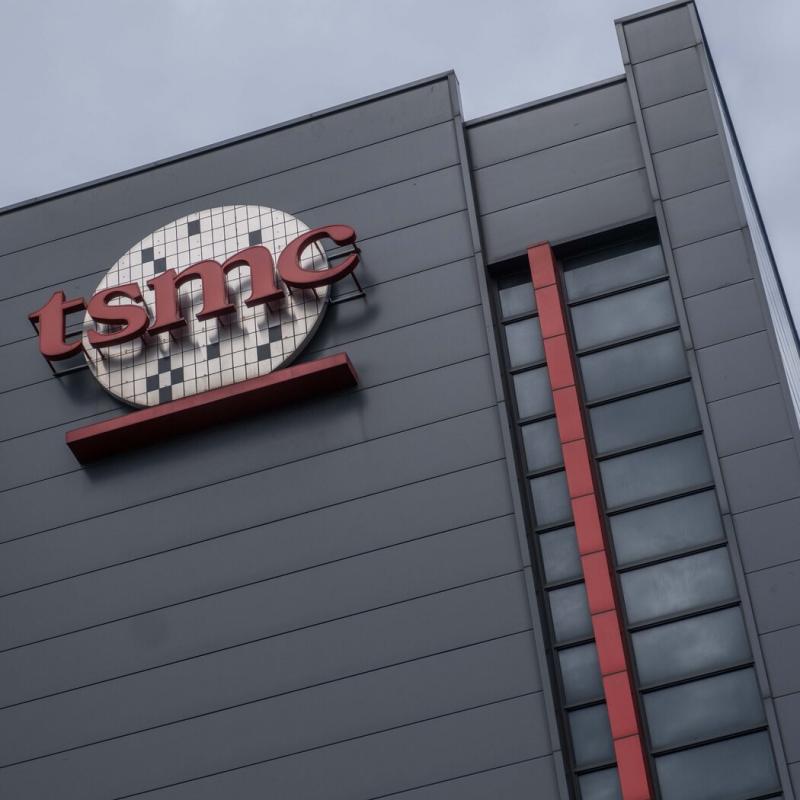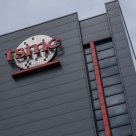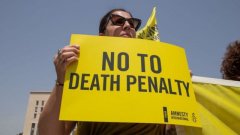
Recently, Trump said in an interview with Fox news: "If China occupy Taiwan, they may stop the entire world." Obviously, he refers to a company that has lost a company that is crucial to almost everything.In fact, it is the most important company in the world.
Trump mentioned TSMC, which is the only company in history that I can think of in history that may cause the global economy to depression if it is forced to suspend production.
Nowadays, when it comes to geopolitics or economy, it seems that TSMC is not around. About 90 % of the most advanced chips in the world are from the company.In Hsinchu, if the company's super clean and safe building goes off, you may not be able to buy new mobile phones, cars or watches.The precise guidance missiles of the army may be exhausted, and the hospital may be difficult to replace the advanced X -ray and MRI.This may be like the interruption of the supply chain chip caused by the new crown virus -10 times by multiplied by 10 times -but TSMC is located in a area where possible war occurs, and its production may be threatened.
"TSMC is one of the best companies in the world, and it is also an important company," Vallen Buffett said last year.But he sold TSMC's $ 4 billion shares, because he said, "I don't like its geographical location."
Some people think that this seems to be Trump's point -TSMC is very valuable, and it may induce China to try to recover Taiwan and then let the world yield.
"The more Silicon, the more people talk about it, the more irritating people," Liu Deyin, chairman of TSMC, told me.
Therefore, let's try to discuss TSMC in detail and talk about its importance and weaknesses.
First of all, TSMC's factory (ie, wafer fab) may be useless to China after it is obtained in China. Even if engineers stay there, even if these wafers are not bombed by the US -Taiwan defense to prevent falling into China to prevent falling into China into ChinaIn your hand.This is because these chips are designed in other countries and require international networks to maintain production.For China, TSMC is similar to a mobile phone.
In these factories, the work of 24 hours a day and 7 days a week is completed by machines without unions and no protests. What happened in these factories was shocking.TSMC has changed an industry measured at nanometer (one billionth of one meter).The width of a human red blood cells is about 7,000 nanometers, and TSMC is currently developing a 1.4 -nanometer chip.
"Nothing can be compared with TSMC's factories," Senior Asian affairs experts, Matthew Pottinger, who had served as a national security adviser at the Trump administration, told me."This is really a black magic."
But Dark Magic requires a lot of energy -TSMC, a company, consumes about 7%of Taiwan's electricity -this brings risks.Even if China cannot take over the fab of TSMC, it can destroy production by conducting network attacks on the grid to put pressure on Taiwan and the West.
Boming said: "For China, it is easy to destroy the grid." Or, China can implement some blockade to achieve the same effect.In any way, it may quickly affect the global economy.
This means that the Chinese economy will also be affected.TSMC's chip is an indispensable investment in China's manufacturing industry. Therefore, Taiwan Tsai Ing -wen and others describe the chip industry as the "silicon shield" of Taiwan -this means that China dare not attack because it will destroy its economy.
I have a doubt about this statement, just like I suspect that China will enter Taiwan to seize the PTD.The Silicon Shield reminded me of The Great Illusion in 1909. This book was translated into 25 languages, predicting that European was economically interdependent, and the war had passed.The World War I and World War II made its predictions.
Global economy depends on chips that are easily affected by earthquakes and war, which is definitely not the best choice.This is also one of the reasons why the United States invests $ 39 billion in domestic production chips.However, it turns out that bringing a large part of the advanced chip manufacturing process is much more difficult to return to the United States than through this legislation.
For the United States, copying Taiwan's ecosystem that supports chip manufacturing is a huge challenge. From the professional technology of building a wafer factory to the company's work clothes worn by the wafer factory, it is different.The United States is a sluggish bureaucratic country. Compared with other countries, it is more difficult to obtain environmental approval and construction permits, and the cost is higher.
A signs of trouble is that neither TSMC and Samsung have to postpone plans to build a factory in the United States.There are some uncertainties in the advanced chips made in the United States. After the President Biden signed the chip bill to become the law of 18 months, the US subsidy was not in place.
There is also an awakening story: In the late 1990s, TSMC built a wafer factories in Washington. Over the years, it costs high costs and is a headache.
"This is just a series of ugly accidents," said TSMC founder Zhang Zhongmou said at a podcast in 2022.He also said that despite giving great efforts and accumulating 25 years of experience, the factory's production cost is still 50%higher than Taiwan.
Perhaps because he is 92 years old and has retired, Zhang Zhongmou is out of challenges to the US strategy.
"I think this will be a huge and futile action," he said when talking about the efforts of the United States."The United States will increase domestic semiconductor manufacturing to a certain extent. But all these will bring high cost growth and high unit costs. This will lose its competitiveness in the world market."
Maybe the US manufacturing has no competitive chip to ensure that it is reasonable to obtain these chips, but this makes us realize that this is costly: if the tens of billions of dollars spent on the wafer factory subsidy are used to reduceChildren's poverty and improve American education will also improve the competitiveness of the United States.If Americans are as good as Taiwanese, our wafer factories may be better.
Considering the difficulty of transferring production, the best way to protect chip manufacturing may be more effortless to curb and avoid the war of the Taiwan Strait more than ever.We will continue to discuss in the subsequent column.
Nicholas Kristof has become a columnist of the Times from 2001.He had won Pulitzer awards twice for reports on China and Darfur.Welcome to follow him on Twitter.
Translation: New York Times



